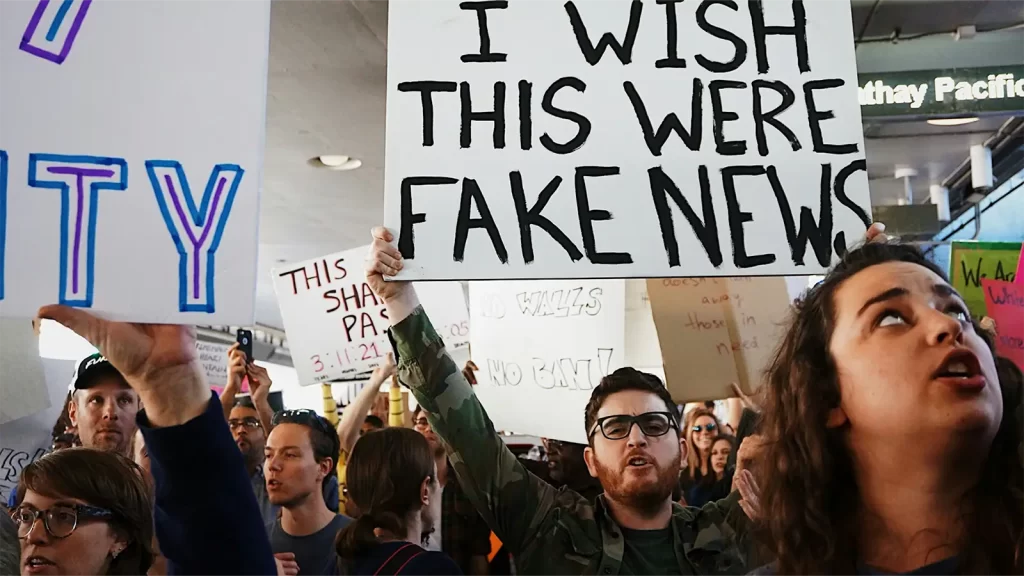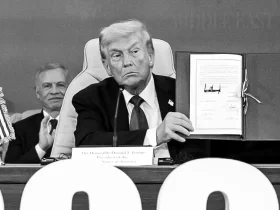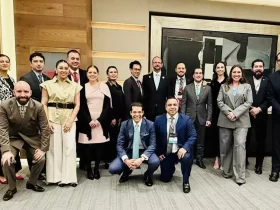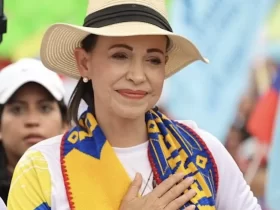By Carlos Antonio Flores
I don’t live in Los Angeles anymore, but that city raised me. I grew up in a working-class, immigrant neighborhood with a parent doing their best to give me a future. That experience shaped how I see the world — especially what fairness, power, and justice are supposed to mean in America.
What’s happening now in Los Angeles with the ICE raids isn’t just about immigration policy. It’s about how comfortable we’ve become with the abuse of power, so long as it’s aimed at people we’ve decided are “others.”
I believe in legal immigration. I believe in structure and accountability. But I also believe in humanity — and what we’re witnessing isn’t enforcement, it’s dehumanization. Tear gas in the streets. Military-style raids in communities where families live and work. No warrants. No transparency. Just shock and awe tactics aim to terrorize, on our own soil.

Let me be clear: I do not support riots or the destruction of property. Civil protest must be grounded in peace and principle. Violence only undermines the credibility of a cause. But we also cannot conflate peaceful resistance — the kind seen in Los Angeles by people standing up for immigrant dignity — with the chaos of lawlessness. There is a difference between fighting for your rights and tearing down the very structures that protect them.
We also cannot become numb to the weaponization of power by politicians. This isn’t just about ICE. This is about elected officials using law enforcement as a political tool, and our institutions failing to check one another. We can’t keep looking away as federal, state, and local bodies fail to work together for the good of the people they’re supposed to serve. That kind of dysfunction doesn’t just hurt its citizens — it breaks the foundation of democracy for all of us.
ICE’s original mandate was clear: go after undocumented individuals with criminal backgrounds. But what we’re seeing today is very different. Agents showing up at schools, workplaces, even hospitals — arresting people without warning, often without warrants, in front of their families and coworkers. This is not targeted enforcement. It’s fear by design. And it betrays the very values we claim to hold as a nation.
Let’s not forget: many of the same voices defending the ICE raids in immigrant communities were outraged when government power was aimed at them. When pandemic restrictions affected conservative businesses or churches, it was tyranny. When the FBI searched a former president’s home or arrested Capitol rioters, it was weaponization. But when heavily armed agents show up at a hospital to detain an undocumented janitor, suddenly that’s “just enforcing the law.” Why is the line between freedom and oppression so conveniently drawn?
The same people who say protesters in LA “deserve what they get” or “lock them up” were often the loudest defenders of the rioters who stormed the Capitol on January 6th. To them, those individuals weren’t criminals — they were patriots. Fighting for freedom. Defending democracy.
So let me ask: What actually defines a patriot in today’s America? Is it someone who attacks police officers and smashes windows in the Capitol? Or someone who links arms in a parking lot to protest how immigrant workers are being rounded up without cause?
When you strip away the politics, here’s the uncomfortable truth: In this country, who gets to be seen as a patriot often depends on race, class, and who holds the megaphone. And that’s a dangerous place to be.
If you grew up like I did — where neighbors helped neighbors, no matter where they came from — you don’t need a political lecture to know something’s wrong. You can feel it in your gut.
This isn’t just about immigration. It’s about whether we still believe in equal protection under the law. It’s about whether power is something we hold with integrity, or something we use as a weapon against people we’ve decided don’t count.
What’s happening in Los Angeles today is a test — not just for politicians, but for all of us. Will we only stand up for rights when they’re our own? Or will we defend the dignity of others, even when they’re not like us?
The answer to that question will define more than a news cycle — it will define who we are as a nation.








































Leave a Reply